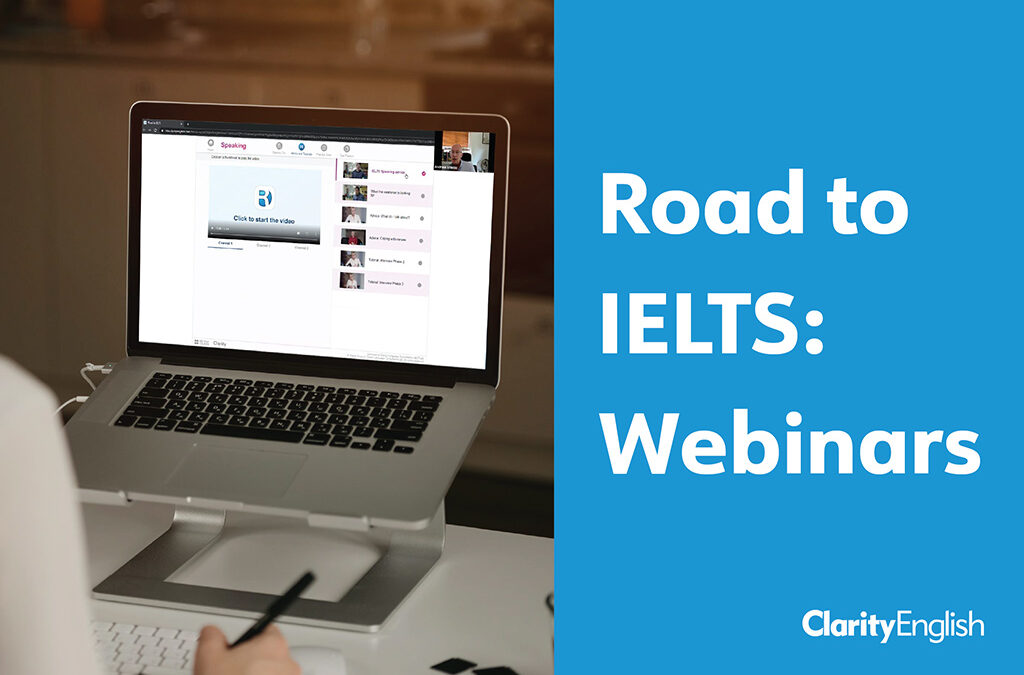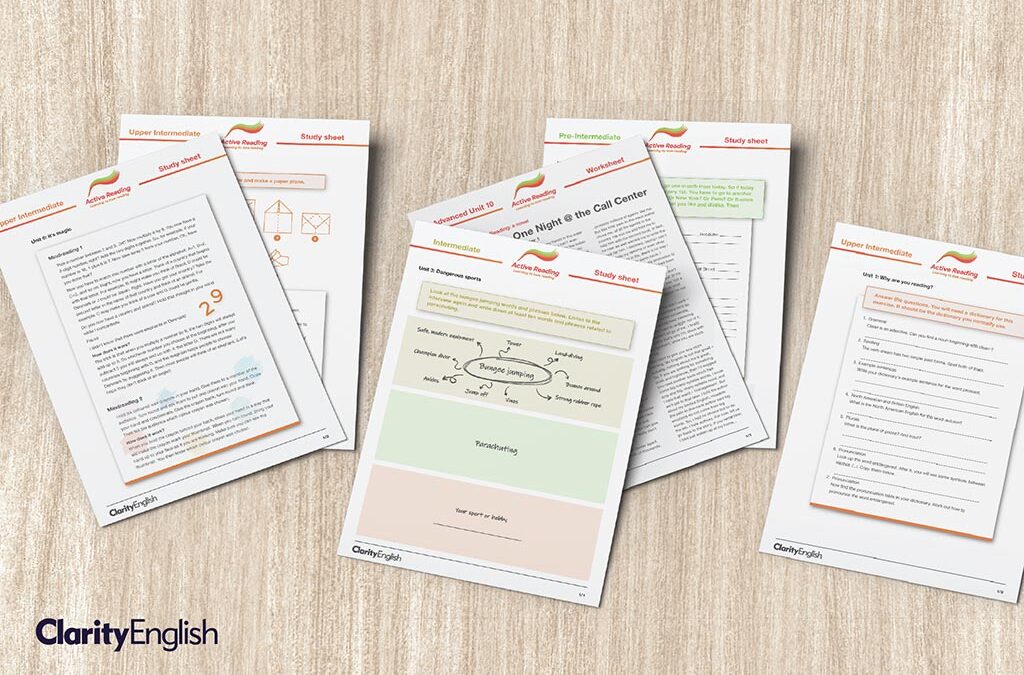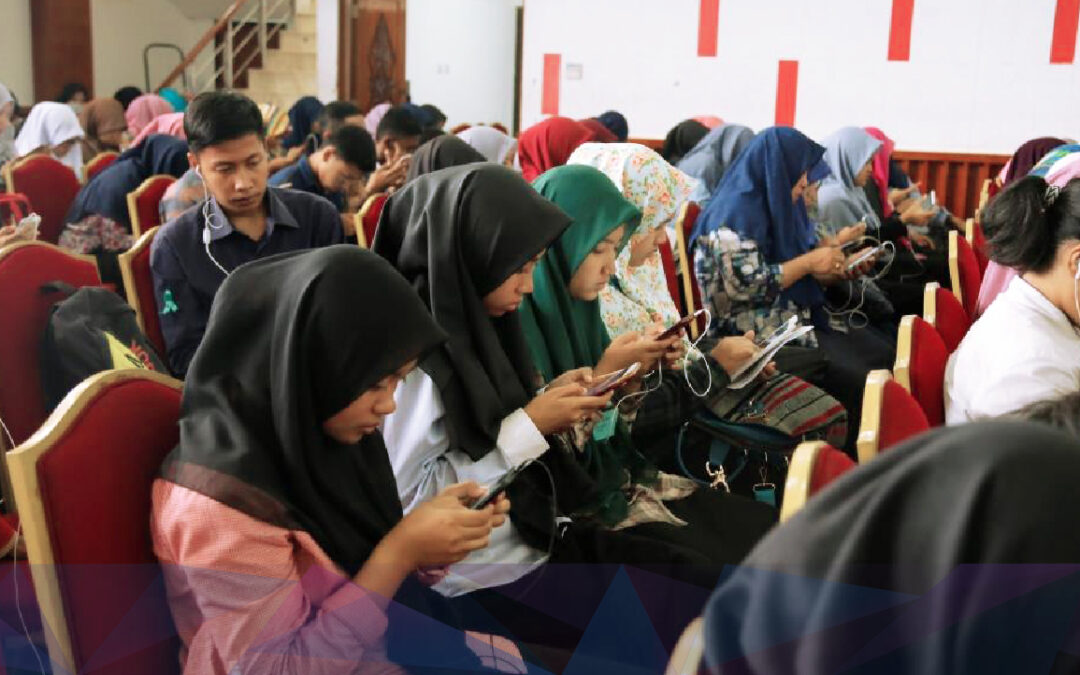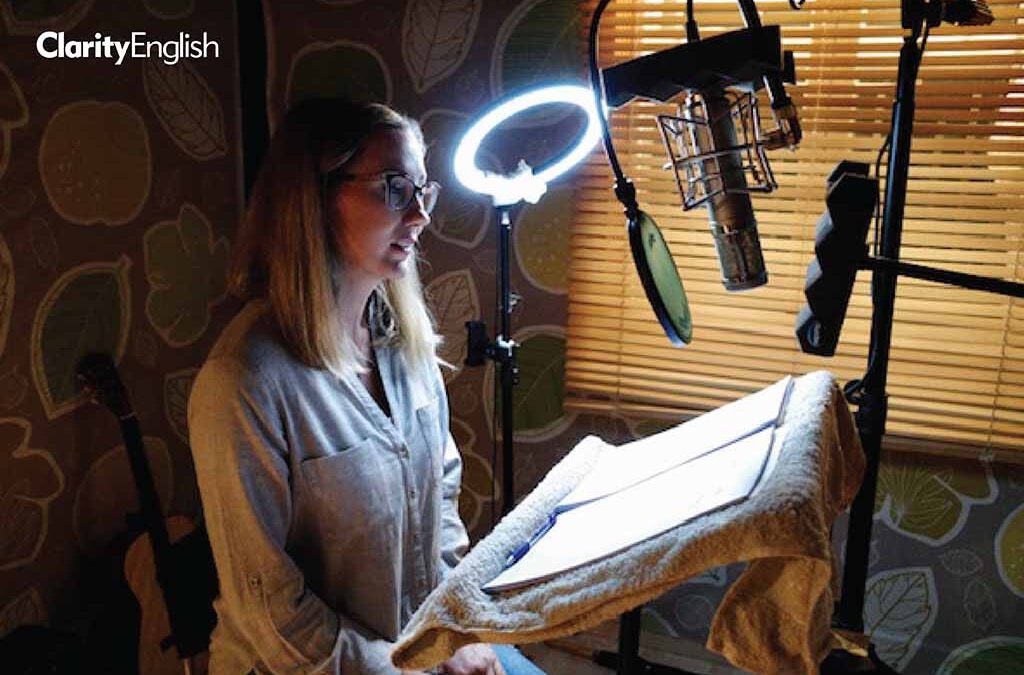Social media teaching is growing in popularity. Why does it work and where do you start?


Social media teaching is growing in popularity. Why does it work and where do you start?

This series uncovers ideas and activities from British Council IELTS teaching centres around the world. Read on for three ideas from British Council Greece.

Whether you are recruiting 60 or 600 candidates, answer these three questions to choose the right placement test for your company’s needs.

Andrew Stokes takes a look behind the act and suggests four reasons why your students might be plagiarising.

Out with the old and in with the new? Not quite. Katie Stokes looks at three reasons paper still belongs in your classrooms.
Surely the more questions you answer in a placement test, the more points you get and the higher your score? If you can’t finish, you can’t do yourself justice. And that must invalidate the result.
In the second of a series of short videos, testing expert Laura Edwards looks at the the roles of output and input in language testing.
Should a placement test include speaking and writing? Is it important that it is adaptive? Does a test-taker have to attempt every question? What, in fact is a placement test?

When Clarity and telc first conceptualised the Dynamic Placement Test, a key objective was to devise a democratic test — a computer-based level test available to schools whatever their digital setup. At the same time, we didn’t want to compromise on the technology: it needed to be a test that went well beyond multiple choice questions and gap fills. So within these constraints, the team prioritised three areas.

Can a test run on a student’s device ever be secure? What’s to stop a test taker looking up the answers on the Internet? What, in fact, does ‘secure’ mean in the context of a placement test?

In anticipation of the big Admin Panel release in August, we ask Clarity’s Technical Team about why teachers and administrators should look forward to the new version of this seemingly mundane administrative tool.

Andrew Stokes looks at how the new version of Clear Pronunciation can enable students to speak clearly, and with confidence.

At a recent gathering of librarians in Melbourne, an interesting discussion sprung up about the advantages and disadvantages of providing digital resources for library patrons. Andrew Stokes gives a summary.

Elinor Stokes of Atlas English reviews the new version of Active Reading. The whole of Active Reading is available, free of charge, till 30 November 2019.
All the main browser suppliers have stated that web page content using Adobe’s Flash Player (Flash) will be supported until the end of 2020. But the ease with which Flash can be enabled is changing, and a few ClarityEnglish programs still rely on Flash — so this is a current status report.
The page you requested could not be found. Try refining your search, or use the navigation above to locate the post.